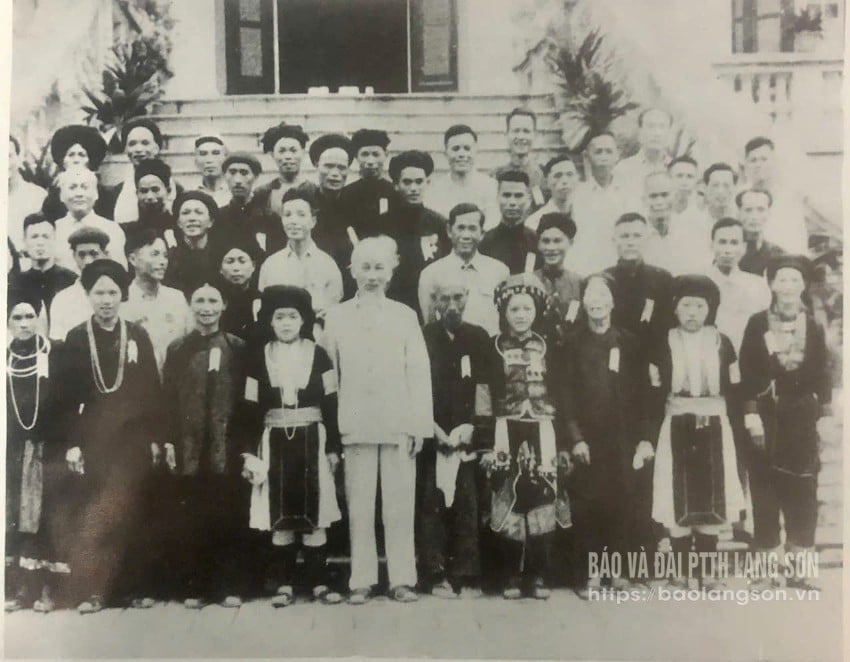
Mrs. Duong Thi Khach was born in 1919, living in Khau Huong hamlet, Bac Ai commune (now De Tham commune), Trang Dinh district. Khau Huong is a small hamlet in the remote, isolated highlands of Trang Dinh, about 18 km from That Khe town. Now the road to town is very easy thanks to the wide, flat provincial road 226 running from Binh Gia town to That Khe (Trang Dinh), but in the 1960s, this was a remote, extremely difficult area of Trang Dinh district, with difficult traffic. Every time they went to That Khe market, people here walked. 100% of Bac Ai commune's people are Dao Lu gang (Lo gang), sparsely populated, mainly living on slash-and-burn farming. In 1999, Bac Ai's population was only 734 people. By the end of 2019 - before merging with De Tham commune and Kim Dong commune (Trang Dinh district), the total population of the commune was 1,099 people.
Through the conversation with Ms. Ly Duong Lieu, former official of the Department of Culture, Sports and Tourism of Lang Son, residing in Cua Bac block, Chi Lang ward, Lang Son city (daughter of Ms. Duong Thi Khach), we learned that at the end of 1960, when the agricultural cooperative movement was taking place vigorously in the North, the Bac Ai commune Party Cell was established, along with the birth of mass organizations: Women's Union, Youth Union... Ms. Duong Thi Khach was appointed as the first President of the Bac Ai commune Women's Union. She was one of the few Dao women in the commune at that time who knew how to speak Kinh. That created favorable conditions for her throughout the association's work. During nearly 20 years of movement activities, she did not hesitate to face difficulties, enthusiastically mobilizing women in the commune to well implement the policies, guidelines, and laws of the Party and State and participate in movement activities launched by women's unions at all levels. As the President of the Commune Women's Union, she actively advised on women's work; cared for and protected the rights of women in the commune. With her outstanding achievements in work, on the occasion of the 69th anniversary of the founding of the Vietnam Women's Union, she was awarded the Medal "For the cause of women's liberation" by the President of the Vietnam Women's Union Ha Thi Khiet (October 1, 1999). This is a worthy award recognizing her achievements and contributions in building the organization, for gender equality and the development of Vietnamese women.
Mrs. Duong Thi Khach passed away in 2012, at the age of 93. During her lifetime, she was a very lively and active person but rarely talked about her work. But there was one story she often told her children and grandchildren, which was the story of her being invited to the capital to meet Uncle Ho in a delegation of ethnic minorities in October 1964. At that time, transportation was difficult, she walked from her house to That Khe town and was taken back to Hanoi by the Provincial Administrative Committee's car. During her days in the capital, she and the delegates visited the stilt house - Uncle Ho's residence and workplace for the first time; met Uncle Ho and other Party and State leaders at the Presidential Palace, and were invited to a friendly meal by Uncle Ho... The photo "Uncle Ho and comrade Le Duan with mountain delegates on October 15, 1964" in the book "President Ho Chi Minh with the ethnic groups of Vietnam" was taken at the Presidential Palace during that meeting. In the following days, she and the group were taken to visit and learn from some places with typical production movements in Hai Duong and Hai Phong provinces such as the sea salt production cooperative in Do Son... Many years later, she still kept precious souvenir photos of that trip. However, during the Border War in 1979, those photos and many family documents were lost. Thanks to information in the photo book of the National Culture Publishing House, Ms. Ly Duong Lieu found the precious souvenir photo of her mother.
The meeting of Mrs. Duong Thi Khach with beloved Uncle Ho on October 15, 1964 became a source of pride and honor, a great source of encouragement for her and her entire family throughout her studies and work. Imbued with Uncle Ho's advice, when she returned to her hometown, she continued to work enthusiastically, actively participating in the agricultural cooperative movement and implementing the district's socio -economic development plan. Although living in a remote area with many difficulties and a purely agricultural family, her three children were all sent to That Khe town to study secondary and high school and continued their studies at university, one studied at Thai Nguyen Pedagogical College to return to build her hometown; one is an agricultural engineer, a teacher; one is a cultural officer... Among them, there was a daughter who majored in biology in Russia, when she returned to the country she worked at the Plant Protection Department of Lang Son province, and in 1979 she moved to the South to work.
During his lifetime, despite being busy with a thousand things, Uncle Ho still often sent letters of greetings, visited and welcomed ethnic minorities across the country at the Presidential Palace. Ms. Duong Thi Khach - a Dao ethnic woman in the remote Trang Dinh highlands was one of the individuals from Lang Son who had the honor of meeting Uncle Ho. The meeting, though short, demonstrated President Ho Chi Minh's deep affection and concern for the ethnic minorities of Vietnam in general and the ethnic minorities of Lang Son in particular. That was also the ideology of great national unity, equality and progress that Uncle Ho always aimed for throughout his revolutionary career.
Source: https://baolangson.vn/nguoi-phu-nu-dan-toc-dao-trang-dinh-duoc-gap-bac-ho-5046925.html


![[Photo] Prime Minister Pham Minh Chinh attends the groundbreaking ceremony of Trump International Hung Yen Project](https://vphoto.vietnam.vn/thumb/1200x675/vietnam/resource/IMAGE/2025/5/21/ca84b87a74da4cddb2992a86966284cf)
![[Photo] Determining the pairs in the team semi-finals of the National Table Tennis Championship of Nhan Dan Newspaper](https://vphoto.vietnam.vn/thumb/1200x675/vietnam/resource/IMAGE/2025/5/21/eacbf7ae6a59497e9ae5da8e63d227bf)

![[Photo] Scientific workshop "Building a socialist model associated with socialist people in Hai Phong city in the period of 2025-2030 and the following years"](https://vphoto.vietnam.vn/thumb/1200x675/vietnam/resource/IMAGE/2025/5/21/5098e06c813243b1bf5670f9dc20ad0a)
![[Photo] Prime Minister Pham Minh Chinh receives Rabbi Yoav Ben Tzur, Israeli Minister of Labor](https://vphoto.vietnam.vn/thumb/1200x675/vietnam/resource/IMAGE/2025/5/21/511bf6664512413ca5a275cbf3fb2f65)



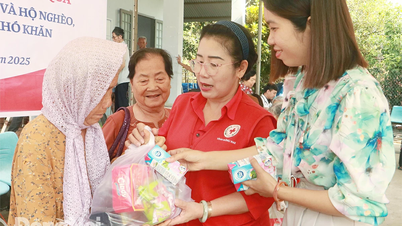

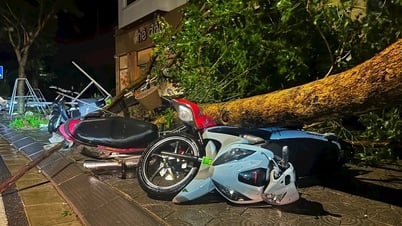

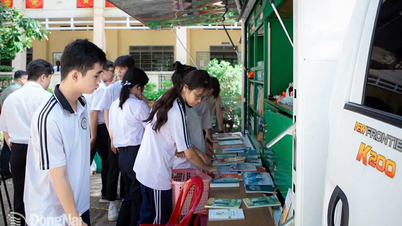
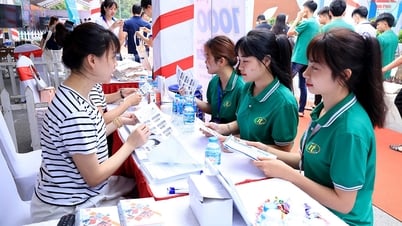

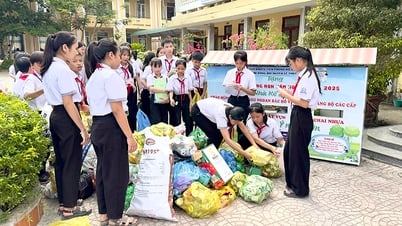






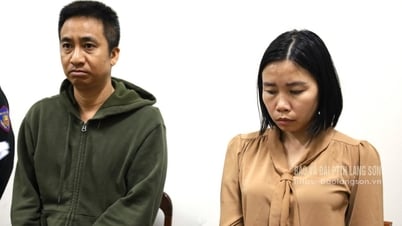
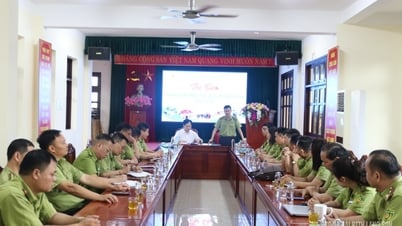

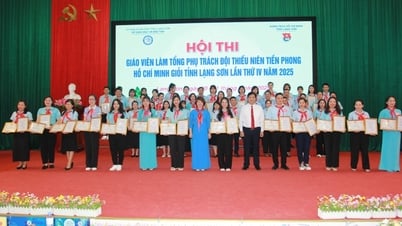
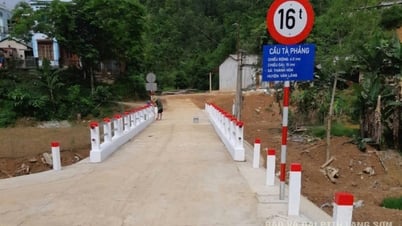
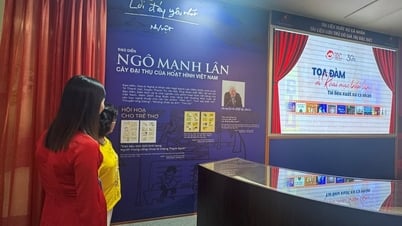






























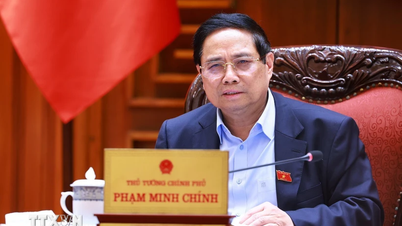

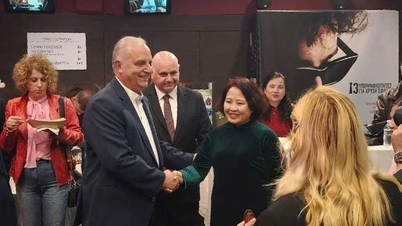

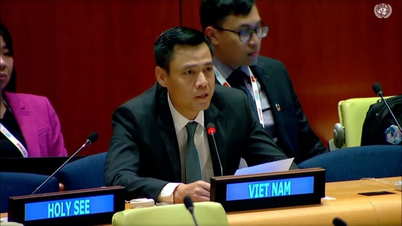
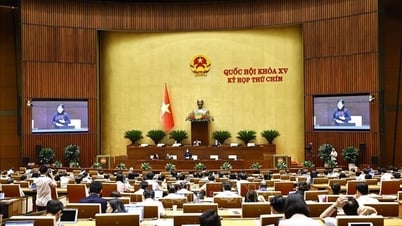

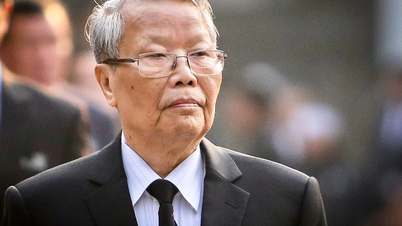



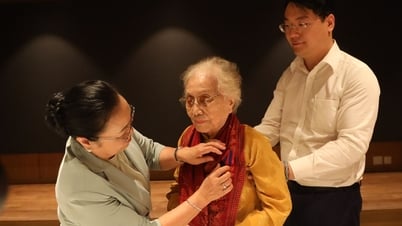

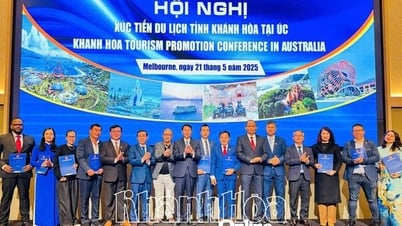
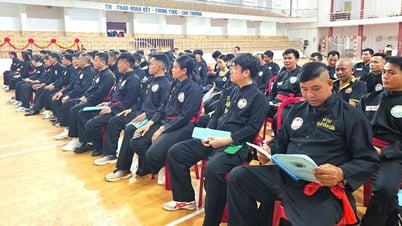
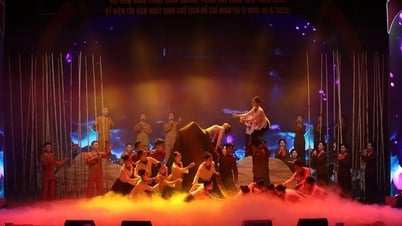


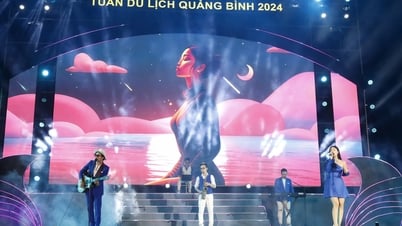
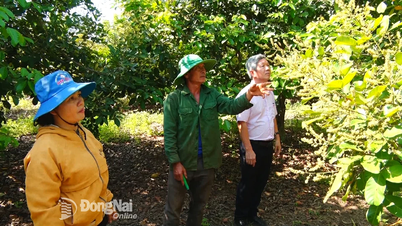
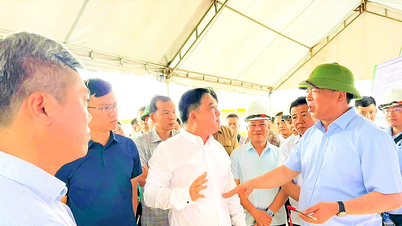

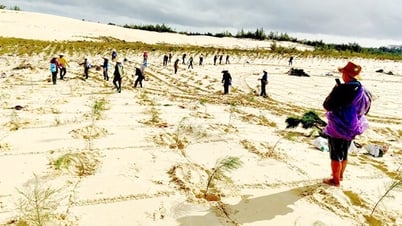
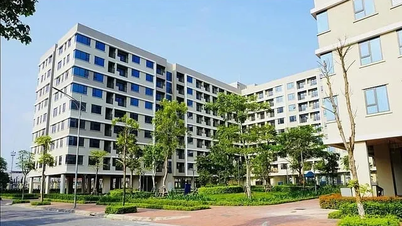
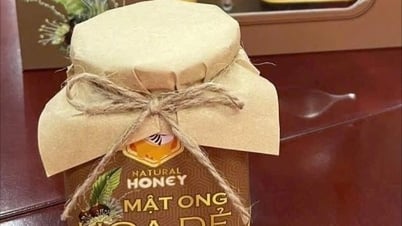










Comment (0)